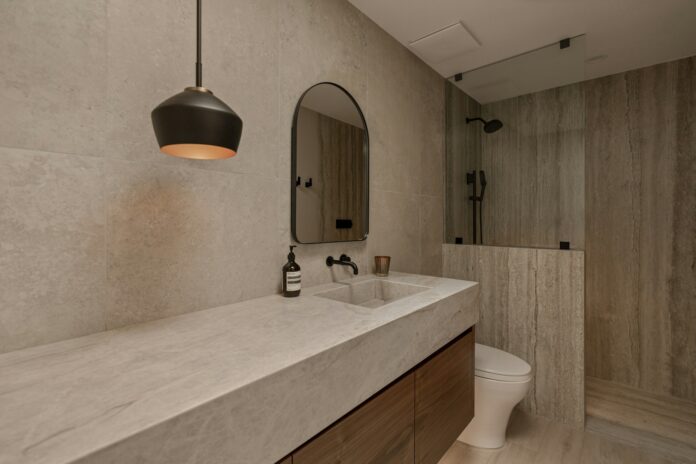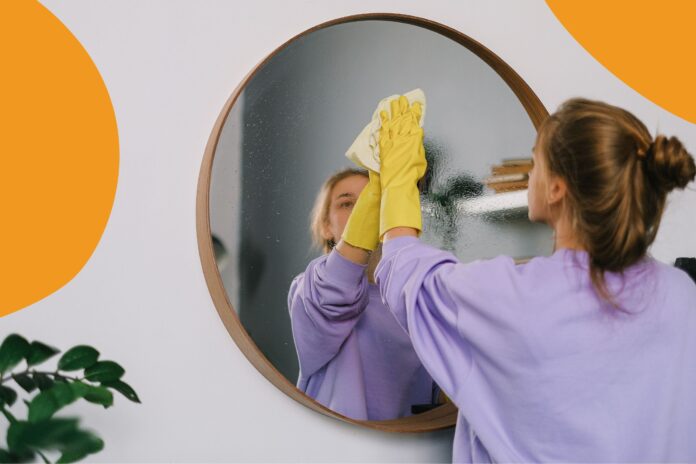Confronting a consistently blocked toilet is no mere annoyance; it can fundamentally disrupt your daily life, pose potential health risks, and lead to expensive repairs if not swiftly managed.
If you are frequently experiencing glitches in your plumbing, it’s vital to understand why this is occurring and how you can mitigate it. Only then can you answer the question with confidence; ‘’Why is my toilet always getting blocked?”.
What Causes Frequent Toilet Blockage?
There exists a wide array of causes behind your toilet routinely getting backed up. Here is an in-depth look at these potential issues:
Flushing The Wrong Things
First and foremost, the fact is we often use our toilets as rubbish bins. We naïvely consider the loo as an endless black hole, swallowing anything we throw into it. Yet, toilets possess a limited capacity to handle only human waste and toilet paper which disintegrate in water rather effectively.
Hardier components like baby wipes, sanitary products, nappies, cooking oil (guilty!) and foreign objects don’t break down in the same way toilet paper is designed to and can easily swell, leading to blocked toilets. This everyday habit is a common enemy of clear pipes, often a direct ticket to repeated toilet clogs detrimentally impacting your plumbing.
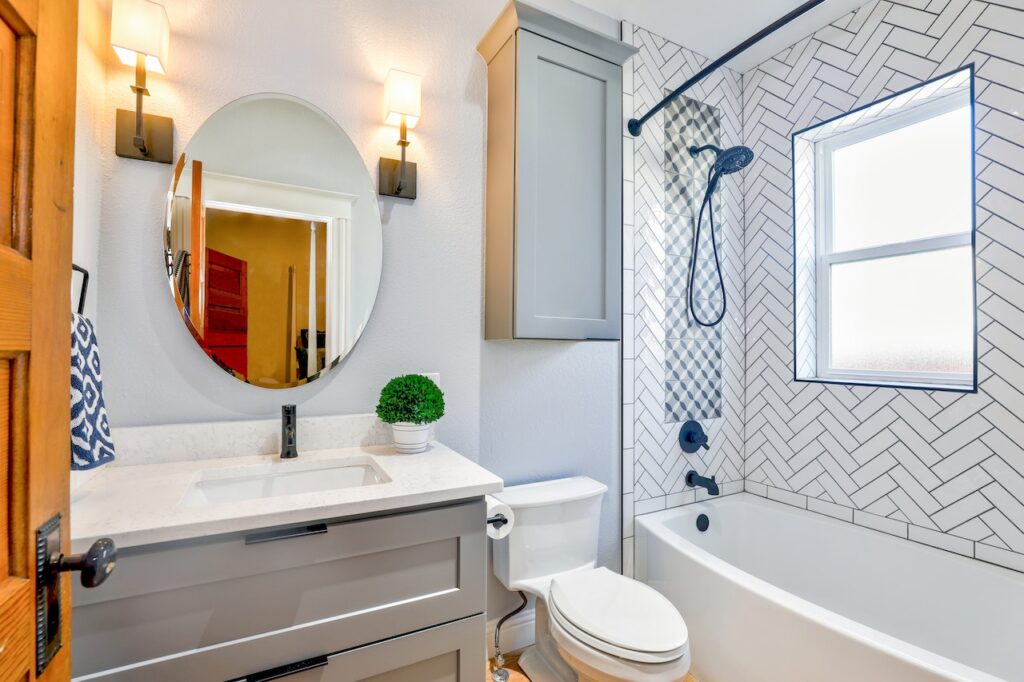
Damage From Harsh Cleaners
Perhaps an under-considered factor contributing to blocked toilets is repeated usage of harsh cleaning chemicals. Some consumers favour strong, reactive cleaners, believing them to be more effective. In reality, these potent chemical agents can be deleteriously harsh to your toilet pipes, particularly if they are older.
Over time, robust cleaning concoctions can debilitate the inner linings of the pipes, causing them to erode, become brittle and further narrow, eventually leading to more frequent blockages. Tarnished, deteriorating pipes have a higher propensity for causing regular clogs in your loo.
Understanding the reason behind damage, like the ill-effects of using oil or harsh cleaners, can help you prevent them. And remember, steer clear of the common mistake of pouring liquid plumber into your toilet.
Poor Toilet Design
For thrifty consumers, it’s enticing to purchase a more affordable, lower-end toilet. However, savings in cost might translate into losses in efficacy. Budget toilets frequently utilise less water to flush. The diminished water strength may fail to push sizeable waste, resulting in a higher tendency towards clogs.
Low Flow Toilets
Echoing the point above, eco-friendly “low flow” toilets lean toward the ‘green’ regime, aiming to use lesser water and embrace a more eco-friendly way of living at home. However, the limited water flow sometimes doesn’t produce a strong enough force necessary to expel larger waste, making them more vulnerable to clog ups.
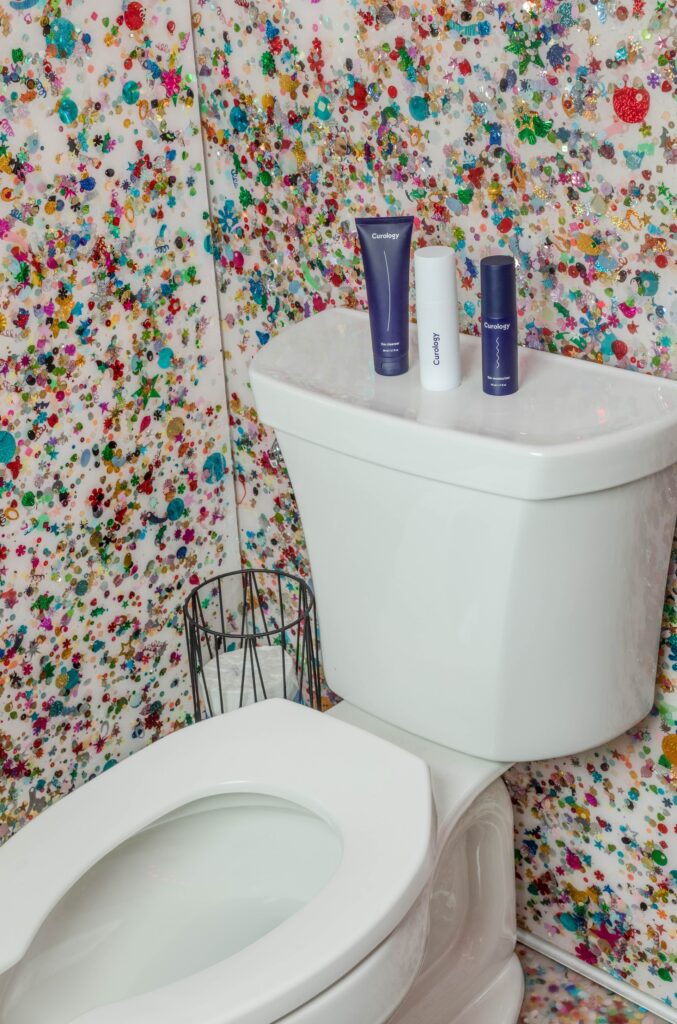
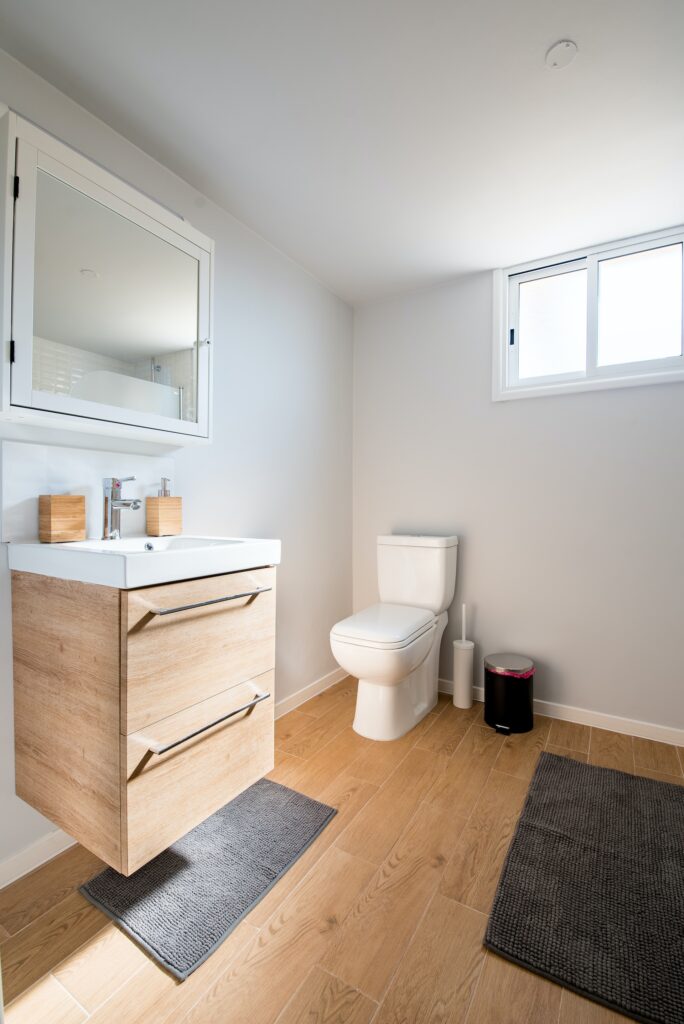
Hard Water Build Up
Living in an area known for hard water? Lime scale buildup can be a daunting issue here. Higher levels of magnesium and calcium result in mineral deposits lining your pipes over time. This continuous deposition restricts the pipeline’s diameter, provoking narrower channels more disposed to clogging when solid waste attempts to navigate through.
Incorrect Installation Or Old Plumbing
If you reside in an older house containing vintage sewer lines or have a toilet inadequately installed, the possibilities of routine blockages are ramped up significantly. Conventional pipelines can get infiltrated with tree roots, breaking the pipe’s integrity and subsequently causing unrelenting blockages.
What Are The Solutions?
Having dissected the critical reasons behind your toilet’s habitual blockages, responding with effective solutions is your next step.
Dispose Non-Flushable Items Correctly
Instil a pivotal rule with your household residents to only flush toilet-friendly material. Instigate a logical waste disposal set-up, encouraging everyone to bin non-flushable materials. This small domestic habit change can prevent unnecessary toilet woes in the long term.
Consider A Toilet Upgrade
An under-performing toilet could be helped with an upgrade. Quality toilets may initially imply a sizeable expense, but in the grand scheme, they provide an investment into solid waste displacement efficiency and hence fewer blockages.
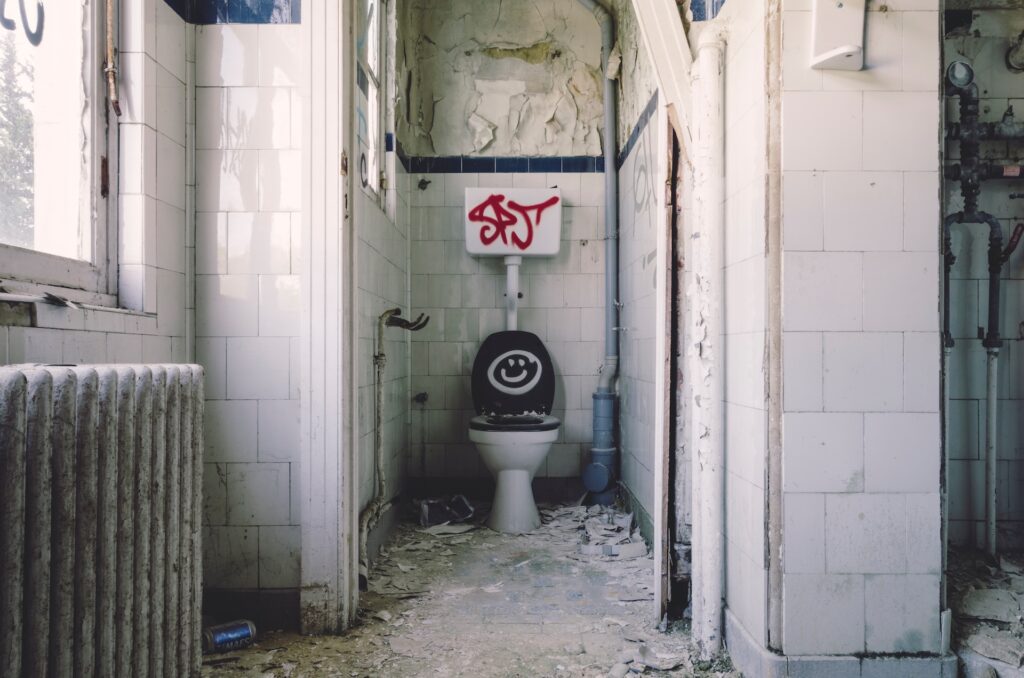
Water Softeners For Hard Water Regions
For residents grappling with hard water and consequent lime scale deposition, the aid of water softeners can restrain the mineral build-up in your pipelines, staving off potential blockages as an effective preventive measure.
Use Eco-Friendly Cleaners
Having pinpointed the hazards correlated with punishing cleaning solutions, an effortless solution is to switch to more eco-friendly cleaning products. Natural, less aggressive cleaners help to avoid the potential ravages caused by their chemically stringent counterparts, ensuring the longevity of your pipes. Eco-friendly cleaners not only protect your pipes and minimise the risk of frequent clogs but also contribute positively to the environment, making this a powerful and beneficial switch.
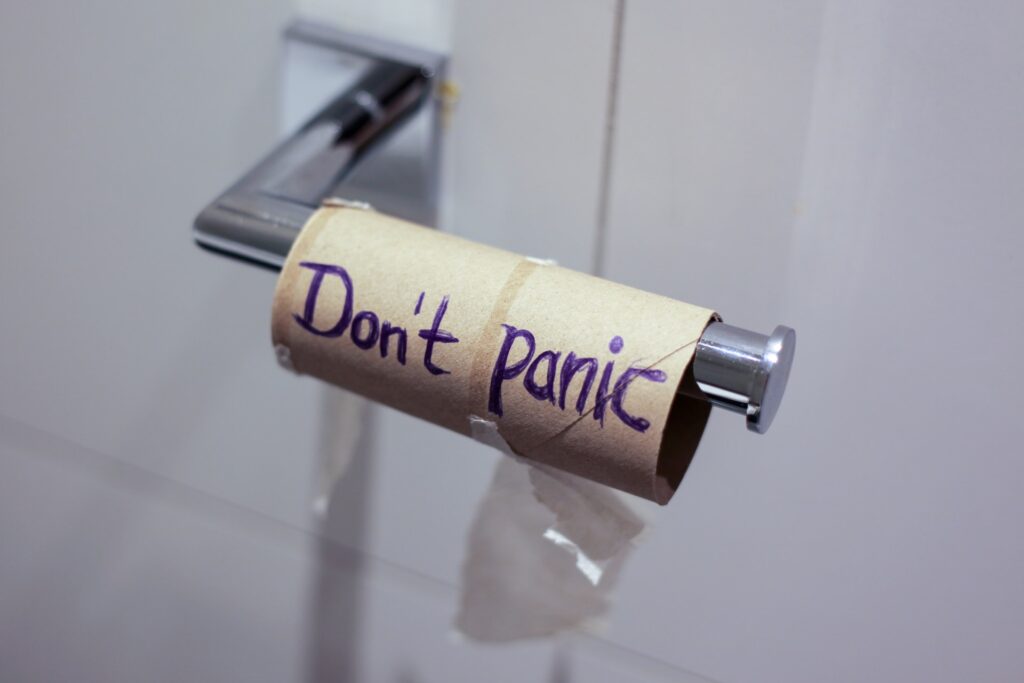
Evaluate The Health Of Your Pipes
If you have been using strong cleaners (or taking punishingly large turds) for some time, it is advisable to get the health of your pipes checked. A qualified professional can inspect and evaluate the state of your pipelines, sanctioning advice on potential fixes if the pipes appear worn or corroded.
Depending on the severity of the findings, you may need to invest in fixing critical sections of pipelines or perhaps an entire overhaul. Although this may represent an initial investment, it can save you from costly repairs and the distress of dealing with frequent blockages in the future.
Consult A Plumbing Professional
Facing persistent, stubborn blockages? It may be apt to animalise the situation to a professional. Reputed plumbers have specialised tools and considerable experience, coupled with a good grasp of regional codes and regulations repulsing substantial toilet problems.
The Bottom Line
If your toilet recurrently poses as a troublesome element, a change in your habits, making worthwhile investments, or even soliciting expert advice may just be the remedial solution. Treat your toilet with respect rather than a makeshift garbage bin! With care and maintenance, it would function smoothly, lasting you many more hassle-free years.


